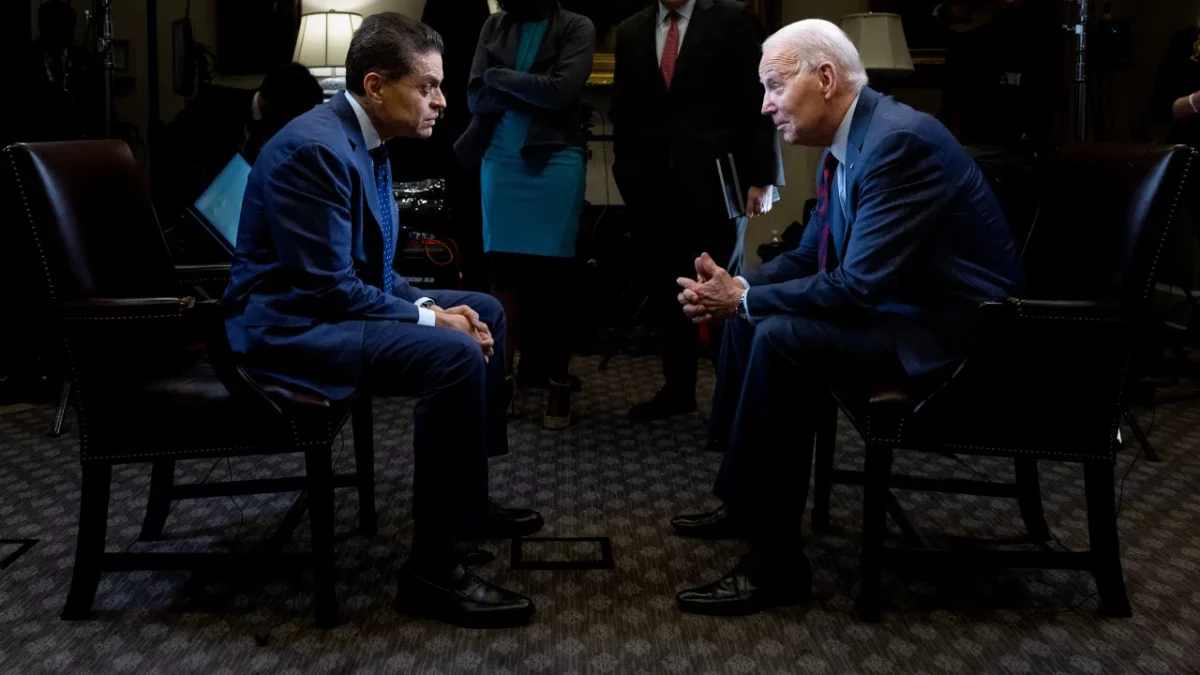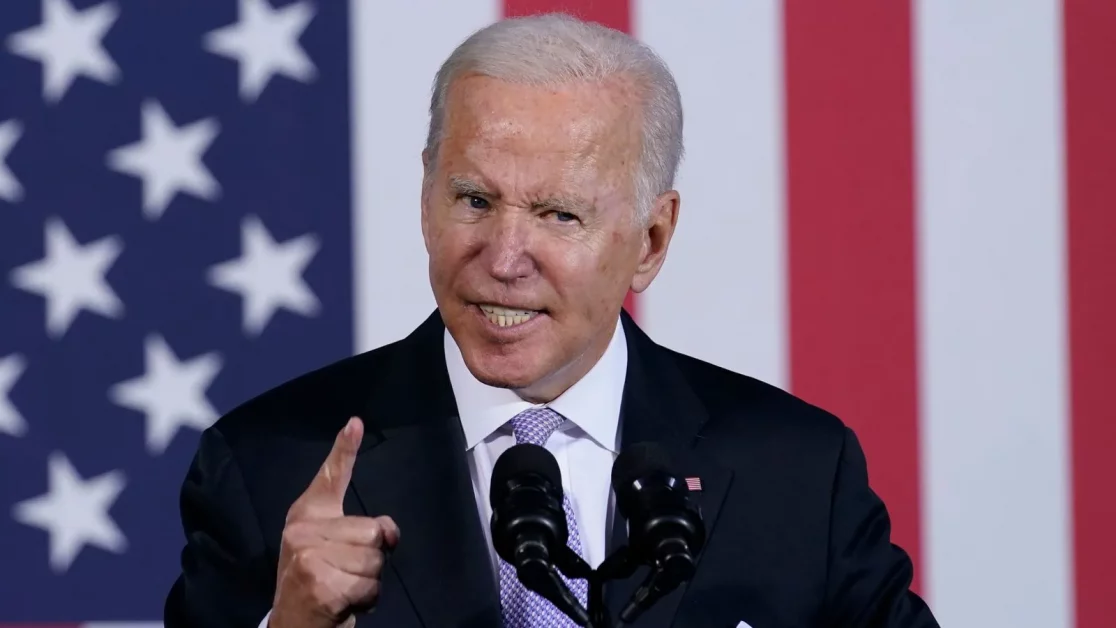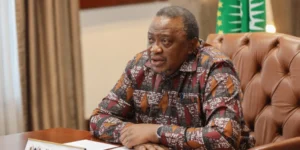In a surprising U-turn from previous White House statements, President Joe Biden has defended his decision to provide cluster munitions to Ukraine, claiming that Ukrainian President Volodymyr Zelensky “needs them” as his country is rapidly depleting its ammunition supplies.
The move comes amid concerns about the escalating conflict between Ukraine and Russia and the urgent need to support Ukraine’s defense capabilities.
During an exclusive interview with CNN, President Biden acknowledged the difficulty of his decision, stating, “It was a very difficult decision on my part… The Ukrainians are running out of ammunition.” He emphasized that the decision was not permanent but rather a measure to bridge a transitional period until the U.S. can increase production of artillery shells and replenish its own depleted supplies.

The Biden administration’s change in stance on cluster munitions, which are known to pose risks to civilians due to unexploded ordnance, has sparked controversy. However, President Biden argued that Ukraine’s dire need for these weapons justified the decision.
He cited discussions with allies and lawmakers, stating, “I discussed this with our friends up on the Hill,” indicating that the decision was made after careful consideration.
The transfer of cluster munitions to Ukraine is seen as a finite effort to support the country’s defense during its ongoing offensive against Russian forces. Biden clarified that the decision did not represent a wholesale change in U.S. policy and reiterated that the U.S. is not a signatory to the international treaty banning cluster munitions.
Acknowledging concerns about the risks posed to civilians, President Biden stated, “They either have the weapons to stop the Russians now… or they don’t. And I think they needed them.”
He also addressed Ukraine’s challenges in combating fortified positions and stopping Russian tanks from advancing.
Critics of the decision argue that it undermines the progress made by the international community in protecting civilians, as cluster munitions have caused harm long after conflicts have ended. Human rights groups, including Amnesty International, have voiced their disapproval, describing the move as a retrograde step.
In defense of the decision, White House national security advisor Jake Sullivan explained that written assurances were obtained from Ukraine, ensuring the careful use of cluster bombs to avoid harm to civilians. Sullivan also pointed out that Russia had already deployed cluster munitions with significantly higher failure rates, raising questions about the relative impact of Ukraine’s use of such munitions in areas that would require de-mining efforts regardless.
The decision has received both condemnation and support from lawmakers. Republicans on key committees praised the move while criticizing the administration for taking too long to provide critical weapon systems. Isolationist-minded House Republicans equated the decision to launching World War III, while progressive Democrats expressed concerns over the use of indiscriminate weapons and civilian casualties.
Cluster munitions, which release smaller bomblets over a wide area, have been used by various nations in conflicts, but efforts to ban them have gained momentum internationally. The U.S. has used cluster munitions in previous wars, but no new ones have been produced in recent years.
Read also: Russia’s Invasion of Ukraine: Unraveling Putin’s Motives and Geopolitical Factors
As the conflict between Ukraine and Russia intensifies, the decision to provide cluster munitions to Ukraine is likely to face further scrutiny. The move may impact diplomatic relations and prompt Russia to increase its own use of these weapons. The decision also poses challenges for President Biden domestically, as human rights groups and lawmakers express their concerns and opposition.
Subscribe to Switch TV













